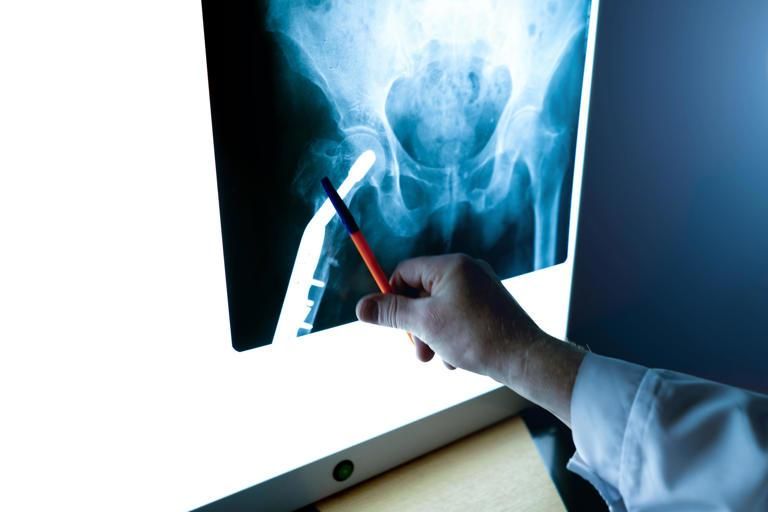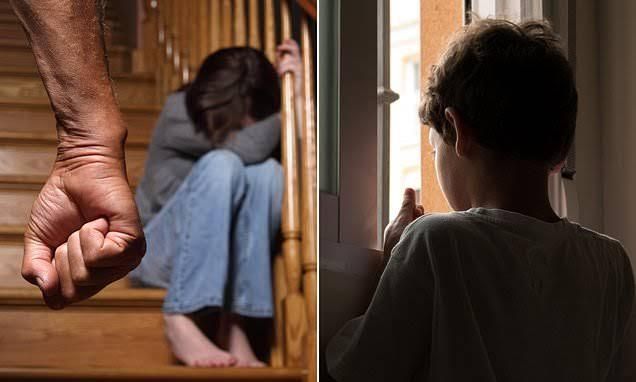According to a study, patients who have lengthy wait times in A&E after suffering a hip fracture are more likely to die. Experts discovered that patients who stay in the hospital for longer are also more likely to wait longer than four hours.According to a study, patients who have lengthy wait times in A&E after suffering a hip fracture are more likely to die. Experts discovered that patients who stay in the hospital for longer are also more likely to wait longer than four hours.
Researchers looked at information from January 2019 to the end of June 2022 regarding hip fracture patients at a trauma center in Lothian, Scotland, who were 50 years of age or older. With an average age of 81 years, they examined the cases of 3,266 hip fracture patients, 72% of whom were female. When patients with hip fractures report to our emergency department, delayed disposition was linked to a higher risk of death and a longer hospital stay.
Journal of Emergency Medicine Of these patients, 38.6% spent more than four hours in A&E. individuals were followed up for more than 500 days and, throughout this time, 1,314 individuals died. Researchers discovered that patients who stayed in A&E for longer than four hours had "significantly lower" odds of still being alive three months after being admitted to the hospital, as opposed to people who spent less time there.Those who waited more than four hours had a 36% increased odds of dying within 90 days after their hip break compared to those who spent a shorter period in A&E.
The researchers said that the increased risk is the equivalent of “one additional death at 90 days for every 36 patients who waited longer than 4 hours in the emergency department”.Delay was also associated with an additional day spent in hospital, on average, among those who waited longer than four hours.
It is estimated that a third of females and 17% of males over 80 will suffer a hip fracture, with rates predicted to increase, the authors wrote in the Emergency Medicine Journal.
In light of the findings, the Royal Infirmary of Edinburgh has introduced a new “fast track” service so the majority of patients with hip fracture wait for no more than two hours in the emergency room.
Lead author Dr Nicholas Clement, from the Royal Infirmary of Edinburgh and the University of Edinburgh, told the PA news agency: “We’ve developed a fast track care pathway, just in the knowledge of what this study is found and as part of a quality improvement project.
“Our patients – those that don’t have to like another problem like a heart attack or a chest infection and can go straight at the ward – they go to the ward within two hours now.
“The best thing is that they spend as little time in the emergency department as possible and go to the ward, because they need to come in the hospital anyway – they’ve got a hip fracture, it’s not like any decision needs to be made, they need to come straight in the hospital to get the hip fracture fixed.”
He said that waiting times in emergency departments have increased since the Covid-19 pandemic.
“We’ve noticed our patients are spending longer and longer in the emergency department, not just in our unit, but also across Scotland and also across the UK,” he said.
“We thought we’d look at our hip fracture patients that are more frail than the standard patients that arrives … and sure enough, their length of stay and mortality is increased if they spent longer than four hours in the emergency department.








.svg)


